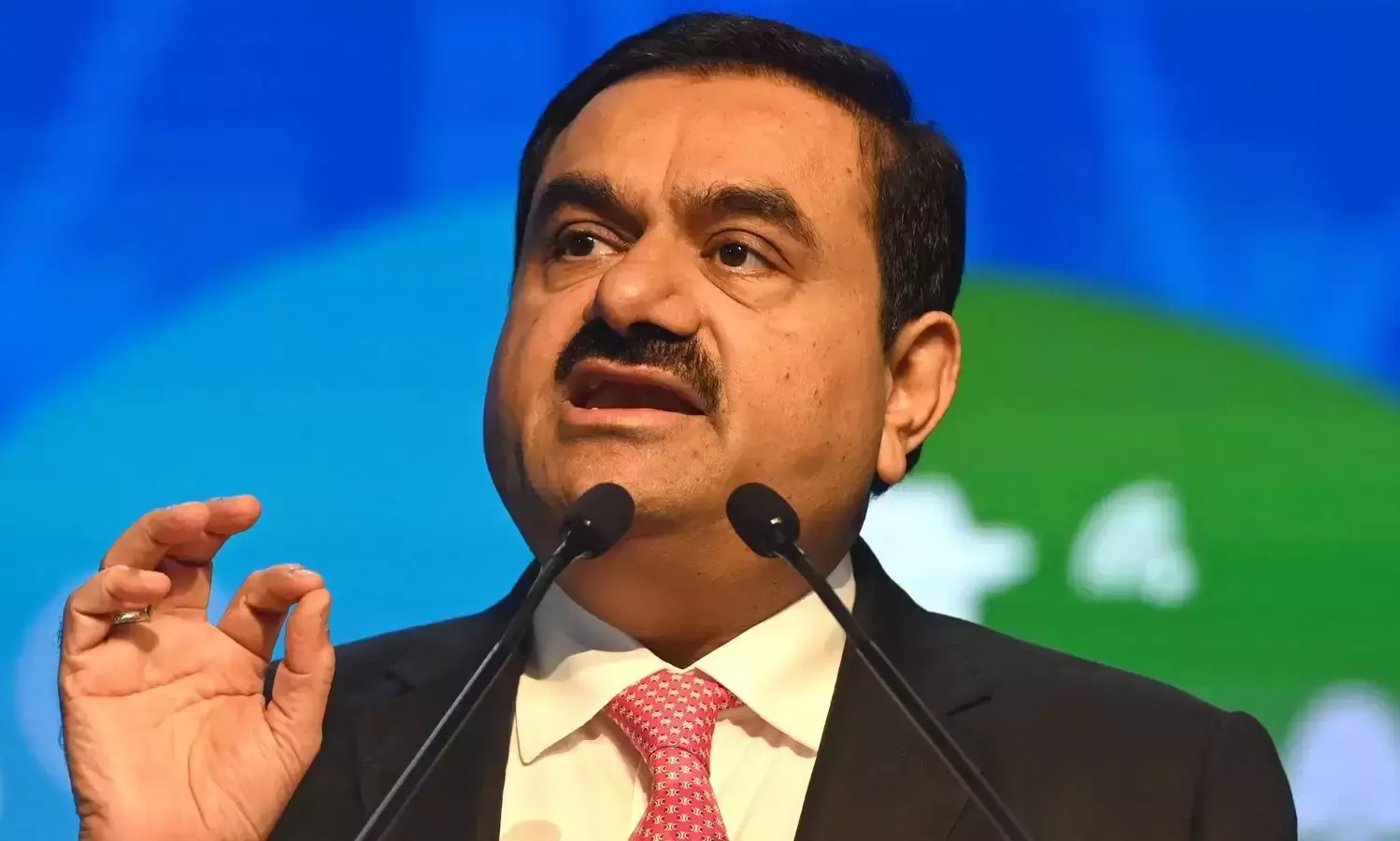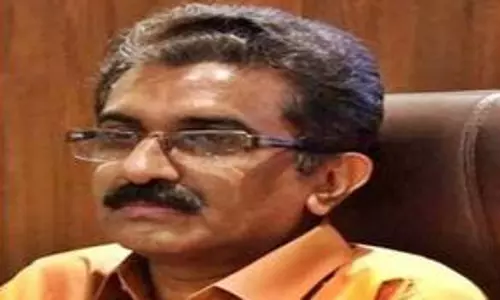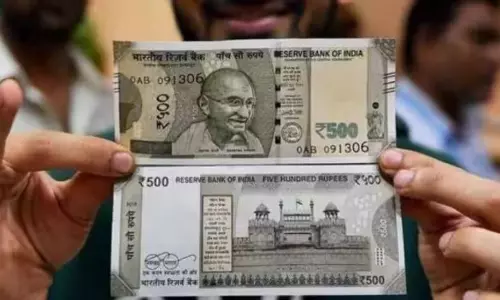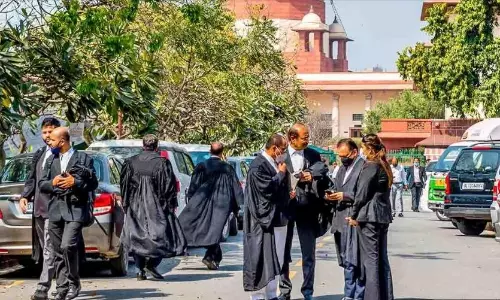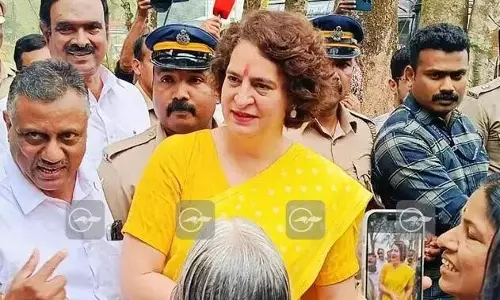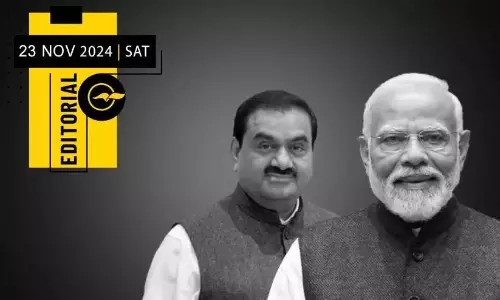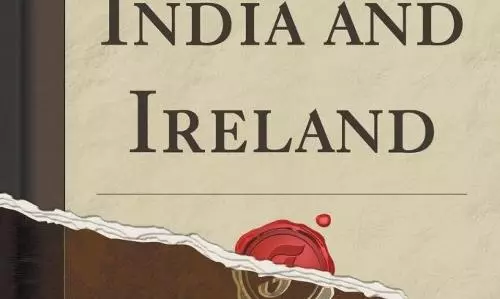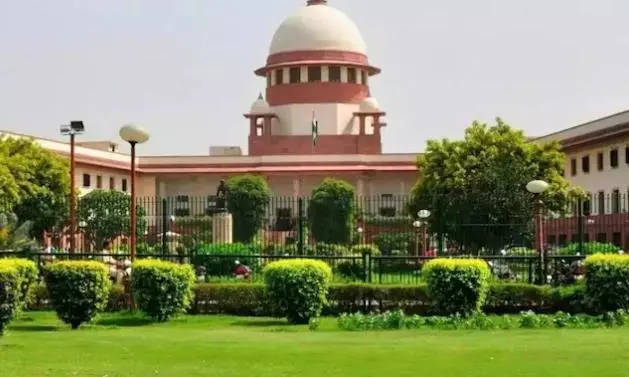
Conversion only for reservation a fraud on constitution: Supreme Court
text_fieldsNew Delhi: The Supreme Court on Tuesday ruled that religious conversion aiming at availing quota benefits is against the object of the policy of reservation and ‘amount to fraud on the Constitution’.
The apex court ruled thus while upholding a Madras High Court order, which denied Scheduled Caste certificate to a born Christian woman who claimed to be a Hindu, according to The Indian Express.
It is reported that she was seeking the certificate for gaining an Upper Division Clerk job in Puducherry.
The evidence in the case, according to a bench of Justices Pankaj Mithal and R Mahadevan, makes it clear that ‘the appellant professes Christianity and actively practises the faith by attending church regularly.’
‘Despite the same, she claims to be a Hindu and seeks for Scheduled Caste community certificate for the purpose of employment. Such a dual claim made by her is untenable and she cannot continue to identify herself as a Hindu after baptism,’ the bench was quoted as saying.
Adding further the bench said that conferment of the status to the appellant who is a Christian but claims to be embracing Hinduism for the purpose of availing reservation is against the object of reservation and it would ‘amount to fraud on the Constitution’.
Meanwhile, the apex court is yet to consider the question on the Constitutionality of using religion as a basis for giving Scheduled Caste Quota.
While the 1950 Constitution (Scheduled Castes) Order by the President made SC status only for Hindus, the pleas are seeking reservation for Dalit converts to Christianity and Islam.
It should be noted that Sikhs and Buddhists are also considered Hindus for the purpose of reservation.
However, Justice Ranganath Mishra Commission report on Religious and Linguistic Minorities in 2007 recommended to extend Scheduled Caste quota for Dalit Christians and Muslims.
Justice Mahadevan on Tuesday said: ‘India is a secular country. Every citizen has a right to practise and profess a religion of their choice as guaranteed under Article 25 of the Constitution. One converts to a different religion, when he/she is genuinely inspired by its principles, tenets and spiritual thoughts. However, if the purpose of conversion is largely to derive the benefits of reservation but not with any actual belief in the other religion, the same cannot be permitted, as the extension of benefits of reservation to people with such ulterior motives will only defeat the social ethos of the policy of reservation.’
Appellant C Selvarani, challenging the January 24, 2023 order of the Madras High Court, claimed that she professes the Hindu religion and belongs to Valluvan caste that falls in the ambit of The Constitution (Pondicherry) Scheduled Castes Order, 1964.




